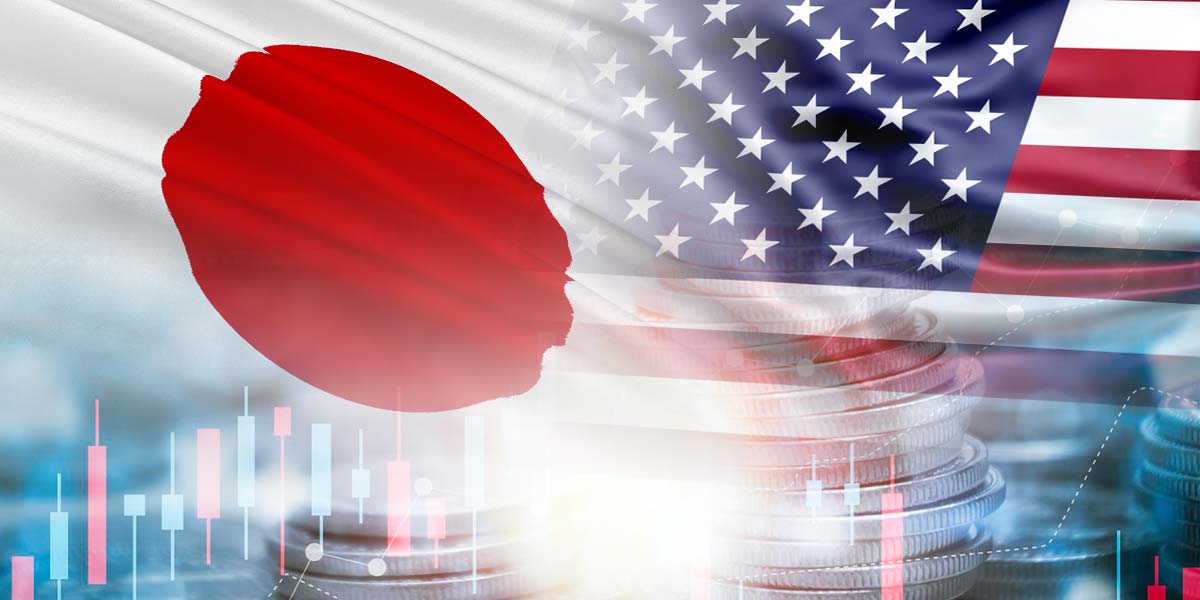Last year, Japan’s trade surplus with the U.S. exceeded the average levels during President Donald Trump’s first term, potentially drawing his ire as he considers implementing global tariff plans.
Data from Japan’s Ministry of Finance released on Thursday showed that Japan’s trade surplus with the US in 2024 was at JPY 8.6 trillion ($54.9 billion), indicating a significant increase compared to the 2017-2023 average of JPY 6.7 trillion.
This was primarily fueled by exports of cars and car parts, bolstered by a weaker yen. Last year, the Japanese currency depreciated by 7.7% compared to the previous year, averaging 150.97 against the dollar.
The data, thus, make Japan a viable target for Trump’s levies as the President has been critical of countries that have sold to America more than they buy.
Despite Japan’s substantial investments in the US and contributions to American employment, the trade balance data will likely be one of the deciding factors in future trade negotiations.
Yuichi Kodama, an economist at Meiji Yasuda Research Institute, noted that companies are in a holding pattern, anticipating the Trump administration’s forthcoming decisions on tariffs, adding that there is a potential threat of reduced exports should tariffs be implemented.
Meanwhile, in 2024, Japan had a trade deficit of JPY 6.4 trillion with China, which was a significant factor contributing to its overall global trade deficit. The country imported calculation machinery and related items from its overseas neighbor while exporting 42.4% more chip-making machinery compared to a year prior.
As the U.S. and China are preparing for the next potential trade war, the chips-related exports will likely be the point of tension with Trump.
In December, Japan’s total export values rose by 2.8% year-on-year, driven by strong demand for chip-making machinery and semiconductor components. Meanwhile, imports climbed 1.8%, primarily fueled by increased acquisition of calculation machinery and related items.
Prior to the data release, analysts at SMBC Nikko Securities Inc. suggested in a note that exports likely benefited from last-minute demand spurred by the expectation of new tariffs under Trump’s administration.
Following his inauguration on Monday, Trump said that he was considering imposing as much as 25% tax on imports from Mexico and Canada by February 1. China could also be levied 10% on the same day.
Atsushi Mimura, chief currency official, said on Tuesday that Japan is observing the U.S. tariffs’ target, implementation date, and other details to gauge its responses.
Japan’s Foreign Minister Takeshi Iwaya indicated in December that Tokyo plans to engage in trade negotiations with Trump, prioritizing the removal of tariffs on cars and auto parts.
Meanwhile, Prime Minister Shigeru Ishiba is set to meet with President Trump next month, and his approach to handling trade discussions with Trump will be under close scrutiny.





